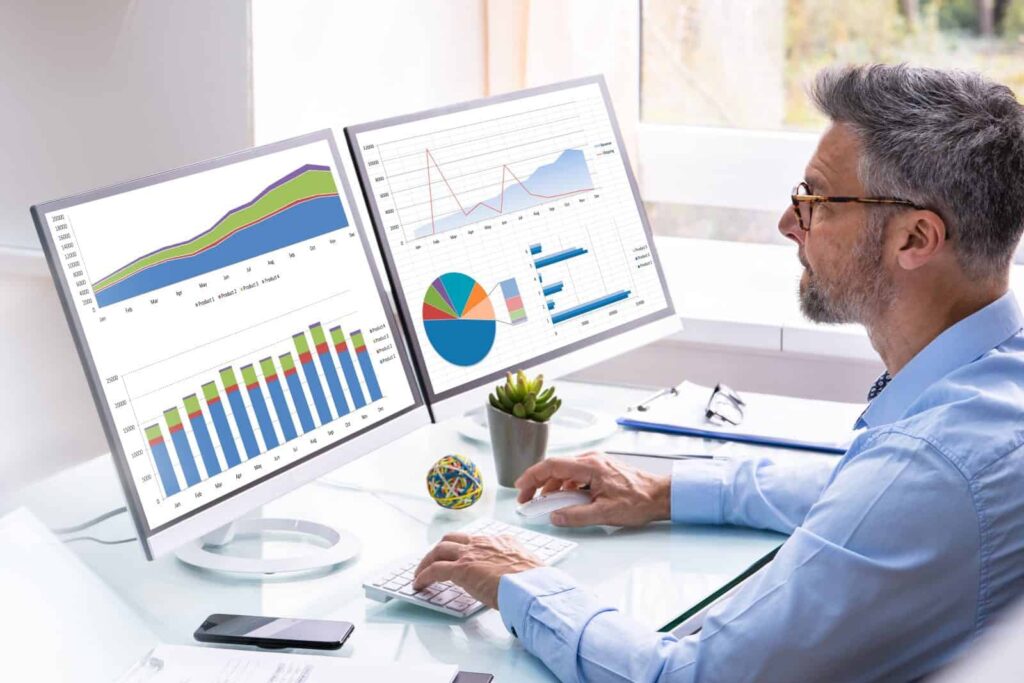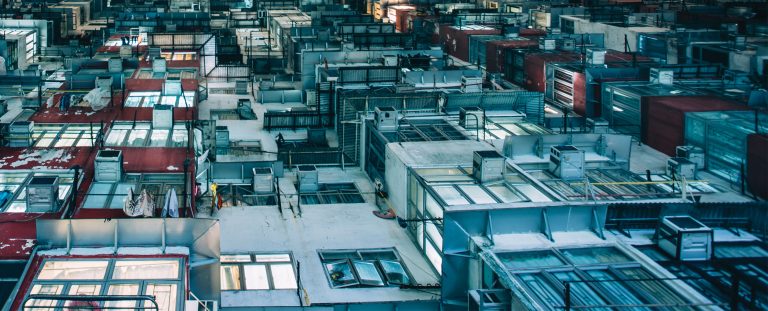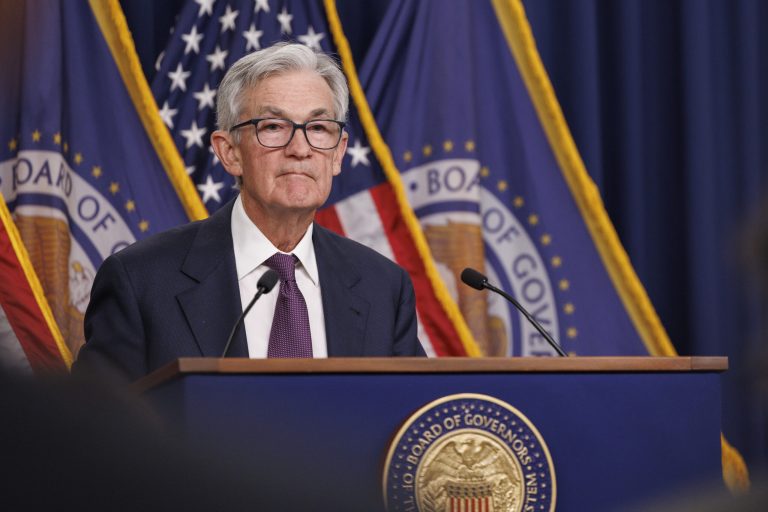How the Changing Economy is Reshaping Our Daily Lives and Decisions
Introduction
The global economy isn’t just something financial analysts talk about—it affects every one of us.
From rising grocery prices to shifting job markets and growing interest in side hustles, people everywhere are adjusting their lifestyles in response to economic uncertainty and opportunity.
But instead of fear, let’s look at how a changing economy can lead to smarter choices, new creativity, and greater personal resilience.
1. Inflation Is Personal: Why Prices Feel Higher Than Ever
Whether it’s your favorite coffee, streaming subscription, or rent, everything feels more expensive. And it’s not your imagination.
Key points:
- Inflation rates remain a hot topic in 2024–2025, especially for essentials like food and energy
- Many households are adapting by tracking spending, cooking more at home, or switching to budget-friendly brands
- Subscription fatigue is rising, as people reconsider digital spending
Takeaway: Knowing your personal cost-of-living trends is more powerful than following headlines alone.
2. The Rise of the Side Hustle Economy
In a time when job stability feels uncertain, millions are turning to passion-based or freelance work.
Popular income sources now include:
- Selling products or content online
- Freelancing in design, writing, or tech
- Renting out skills (like tutoring, fitness, or coaching)
- Affiliate marketing and social media monetization
Tip: Choose a side hustle that aligns with your existing skills or interests—you’ll be more likely to stick with it.
3. Consumer Behavior Is Shifting Fast
Today’s shoppers want more than just a product—they want value, values, and versatility.
What’s trending:
- “Conscious consumption” is rising—people are buying less, but better
- There’s growing demand for sustainable, ethical, and local products
- Personal wellness and self-care categories remain resilient, even in downturns
Smart Strategy: Brands that build trust, transparency, and emotional connection are thriving—even in tough times.
4. Investing and Saving Look Different Now
With interest rate hikes and economic volatility, people are rethinking how they grow and protect their money.
Younger generations especially are:
- Using budgeting apps and finance influencers for guidance
- Prioritizing emergency funds and financial literacy
- Exploring safer, long-term investments over risky hype
Pro Tip: Building financial health is a lifestyle habit, not a one-time event.
5. The Emotional Economy: Stress, Choice Fatigue & Burnout
Beyond numbers, the economy is influencing how people feel and relate to work, money, and even time.
Current emotional shifts include:
- Rising burnout from overwork or job insecurity
- “Quiet quitting” and setting boundaries at work
- A growing desire to spend on experiences, not just things
- Valuing time freedom over constant hustle
Bottom line: A healthy economy must also support mental and emotional well-being.
Conclusion: A Changing Economy is a Call to Evolve
Yes, the economy is complex. But within its changes lie real opportunities: to live more intentionally, earn in new ways, and choose what really matters.
Whether you’re cutting costs, starting a business, or investing in your future self—every small decision is part of your economic power.
Adapt. Reflect. Grow.
Because economic resilience isn’t just for governments—it’s for you.






